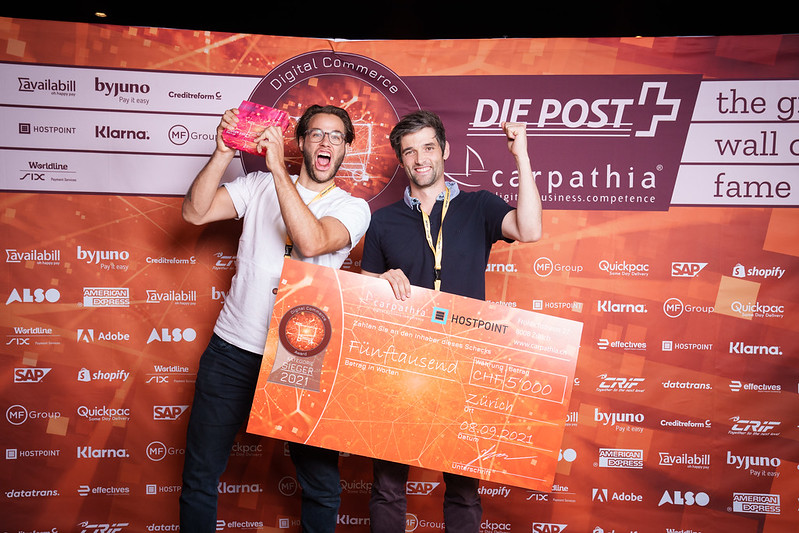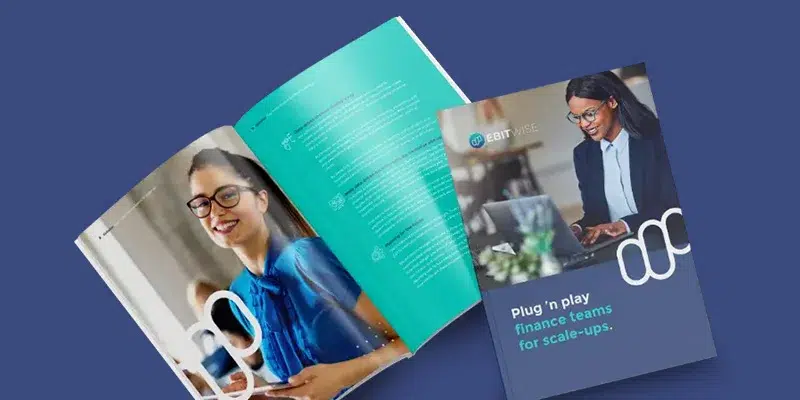
Startup awards – what are they, and how should we use them? In our journey through various funding sources available in the world of ventures, we now explore the realm of pitches and press releases. Undoubtedly, the startup scene is akin to a circus of prizes.
Startup awards are plentiful because they carry a certain business allure. Imagine yourself in the shoes of someone who is not only intelligent but also highly charismatic. This is essentially what a startup embodies. The ambitious and innovative individuals who launch startups often have a greater appeal and enjoyability factor than, say, the owner of yet another insurance firm. People simply like listening to them.
Return on Investment
Startup awards are a well-known marketing tool for corporate organizations, including those in the Netherlands. Take Accenture, for example. At its core, it’s a consultancy firm that doesn’t develop disruptive platforms or technologies. The real-world impact of its work often relates more to enterprise commodity services like finance consulting and business process outsourcing than the metaverse prominently featured on its website. Enter the Blue Tulip Awards (formerly Accenture Innovation Awards): they highlight innovative startups, indirectly enhancing the brand of the organizer. The same applies to the Deloitte Technology Fast 50 and the Shell LiveWIRE Awards.
There’s nothing inherently wrong with this, but as a founder, making the right choices is crucial in your constant battle against time shortages. A win-win situation is an award that offers not just publicity but also tangible networking opportunities with investors. This is more likely when the primary goal of the organizer is to boost their own revenue. For example, the Rabo Sustainable Innovation Prize, set up by Rabobank, Yes!Delft, and MKB-Nederland, serves this purpose. Rabobank also facilitates connections between entrepreneurs and investors outside of the competition, as it finances ventures and builds business relationships. Yes!Delft and MKB-Nederland are solely focused on making Dutch companies successful. Another example is the LOEY Awards, established by investors Endeit Capital and PEAK, often collaborating with other financiers.
Public Relations
According to Dutch research, participating in awards doesn’t significantly increase your chances of securing funding. However, this doesn’t mean that awards surrounded by a halo of marketing are without merit. On one hand, an award like the Deloitte Fast 50 can be a true PR juggernaut, and on the other, there might be substantial cash prizes. Liquidity is always important, but so is serious publicity.
A founder who has demonstrated a knack for leveraging these opportunities is Daan Weddepohl of the neighbor-lending platform Peerby. He first snagged second place at the Postcode Lottery Green Challenge Award in 2012, earning €100,000 and a lot of publicity, partly thanks to the co-organizer Clinton Global Initiative. He then won the ‘Join our Core’ prize. The €10,000 reward was modest, but it was an international recognition with Ben & Jerry’s as the figurehead and main sponsor. He was also the runner-up at The Ecolab Award for Circular Economy Digital Disruptor, part of the prestigious World Economic Forum in Davos. These PR successes significantly boosted Peerby’s profile and may partly explain its successful crowdfunding campaign later.
Choose your battles
Still, the adage ‘choose your battles’ is important. Among the numerous awards, many are not taken seriously enough. This is evident from a candid blog by the American serial judge Alexander Jarvis:
“I’m dumped with about 60 startups to judge for awards ranging from ‘best startup of the year’ to ‘founder of the year,’ and it happens at warp speed. The first and often only thing I look at is whether they have a pitch deck. It’s the quickest and easiest way for me to understand what the startup is about.”
“It’s not always clear who should win. Generally, I figure out who sucks the least and give them higher points than the others.”
“Appearance and popularity often dictate the winner. Content doesn’t always win. Once, I was on a jury where my fellow judges and I were debating between two contenders. Company A had a great service and revenue and was nearly profitable, but the presenter was dry. Company B was years from profitability, had a terrible business model, a partially completed prototype in a trendy industry, a terrible revenue model, an eye-catching logo – but the presenter was dynamic. Company B won.”
All-in
So, are you still interested in vying for a startup award? Now you know the considerations you need to make. Here are some tips to increase your chances of winning:
→ A good pitch deck is essential. That’s what judges usually focus on.
→ Be concise in both your submission and presentation. Avoid lengthy essays.
→ Appear capable, not just in content – double-check your grammar and spelling.
→ Show your hunger and sales drive. Remember the ABC of sales: Always Be Closing.
→ Share a bit of vulnerability by discussing your challenges. It can help the jury empathize with you and also shows self-awareness.
→ Present stats that clearly demonstrate your growth and/or market potential, like revenue trends, other growth percentages, market sizes, or market growth figures.
→ Include an impressive video. Remember, a compelling image can speak louder than a thousand attractive words.
→ Explicitly communicate your desire to win the competition. Judges tend to favor those who really want the prize.
→ Try to connect with the jury members in person, but in a way that feels spontaneous, like at other events or during the awards. LinkedIn invitations can backfire unless the recipient appreciates your hustle (but you often don’t know this).
Our next stop on the financing landscape tour is about the world of loans. Don’t forget to read part 1 about grants, and stay tuned for our updates!







